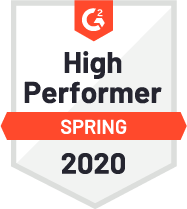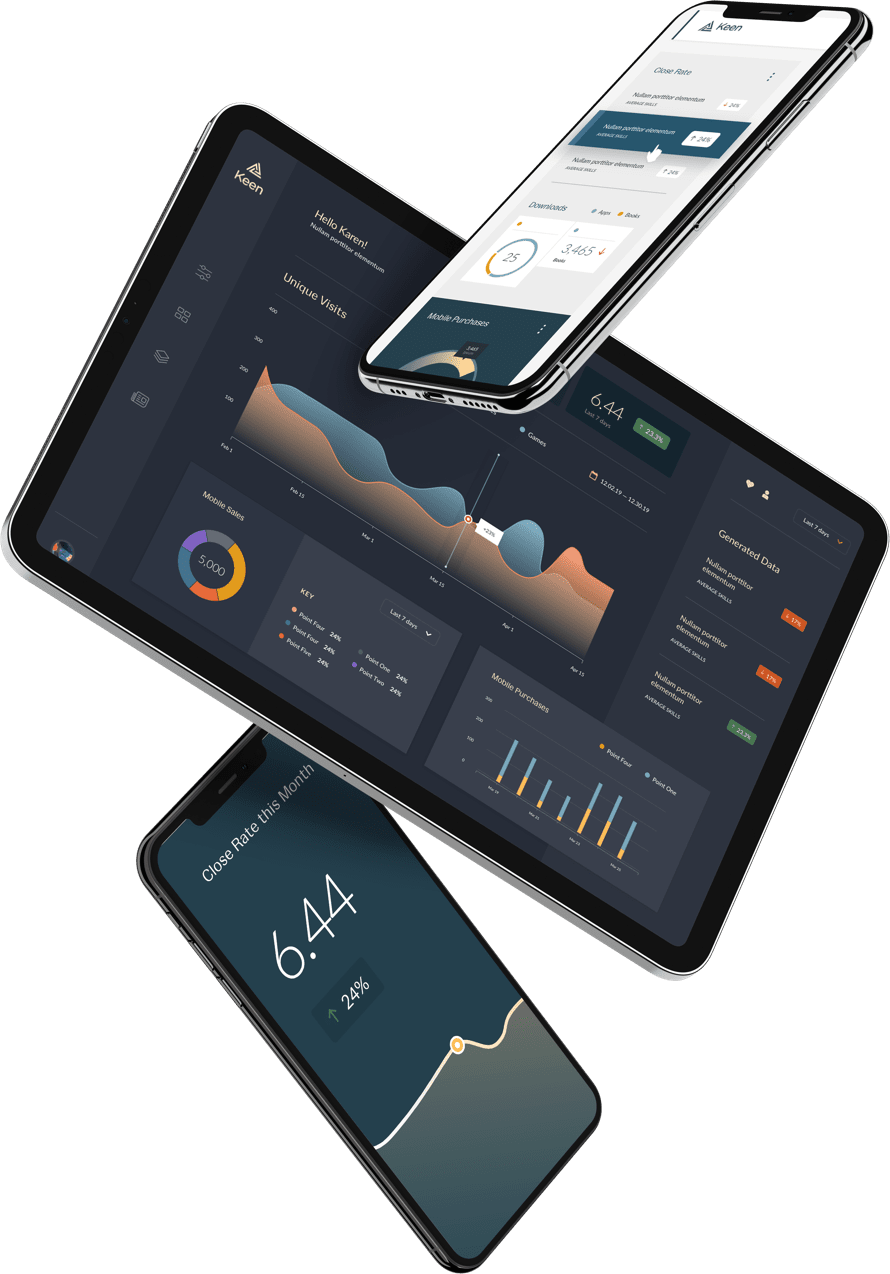In a recent post, “Founder Suicides,” investor and entrepreneurial advocate Brad Feld called attention to the alarming rate of suicide among entrepreneurs and the urgent need to address the stigma associated with depression and failure. In the post, Feld openly discusses his own struggles with depression and makes the argument that “it’s ok to fail. It’s ok to lose. It’s ok to be depressed.”
Keen IO CEO Kyle Wild agreed completely and posted a response about a related problem in the startup world: “glamorizing the grind” and demonizing the idea of taking a break. “As a community, we are screwing this up,” he says, “and people are fucking dying from it. We’ve got to fix this.” These posts struck a chord with a lot of us at Keen, so we wanted to share Kyle’s thoughts here with you:
This is an important and powerful post. Thanks for writing it, Brad. My two cents below.
I’ve struggled with depression (from 1 week to 6 months at a time) at several junctures in my career, and I’m sure it’ll happen again. I’ve found that my best tools for coping with this unfortunate aspect of my brain chemistry are endurance exercise, meditation, musicianship, adventure travel, reading philosophy books & dialogues, and talking to people like Brad and Jerry.
Here’s the thing, though: these tools only work for me when I have adequate time and space in which to deploy them. But the predominant work culture in tech startups today is a culture of overwork; it’s a culture that eats away at one’s time and one’s space.
When an entrepreneur and/or their business is really struggling for an extended period of time, the main advice they hear from the echo chamber is to “keep hustling”, “shake more trees”, “leave no stone unturned”. I would submit that the advice they need to hear in those times is more like “climb a mountain”, “go for an inter-state bike ride”, “go to Burning Man”, “take a 5-day silent meditation retreat”, “go zip-lining across Costa Rica”, or the less extreme “try working half-days for a couple weeks”.
And yet, the knee-jerk response a founder hears when they do this sort of thing is “How can you leave your company for that much time? Are you not committed to it?” I know this, because I’ve heard this kinda stuff my whole career. Yes, I’m committed to the company! That’s precisely why I need to separate myself from it sometimes.
Ben Horowitz wrote in a great post on entrepreneurship (although I disagree with the ending): “The Most Difficult CEO Skill is Managing Your Own Psychology.” And as it turns out, most humans possess a psychology that requires taking breaks. Real breaks. Total disconnection from The Project At Hand. I believe this is even more critical for humans with clinical depression.
The eureka moment that breaks a spiral of depression can happen early in the cycle, late in the cycle, or (for those poor souls whom we’re mourning today) never. It can come in the form of a new personal psychological strategy, a silver lining, or a glimpse of meaning and purpose. It manifests as a sometimes sudden, sometimes gradual, but always visceral sensation of healing, and I’ve seen it be triggered variously by intense feelings of love, joy, laughter, connectedness, and awe. But here’s the catch: these intense, positive feelings are pretty hard to come across when you’re in grind-only mode for months on end.
As a community, we are setting people up to fail at developing this Most Difficult CEO Skill by creating workplaces that reinforce the idea that taking a break is a Bad Thing; workplaces that systematically fuse the concept of disconnecting with the emotion of guilt.
As a community, we are screwing this up, and people are fucking dying from it. We’ve got to fix this.
But I’m not merely trying to make a moral argument here — I’m making a capitalist one as well. Because I am pretty certain that we will see better business outcomes from companies who reject this culture of overwork as the poison it is. As an accidental byproduct of the industrial economy — a time when capital outputs scaled linearly with labor inputs.
That’s not how the tech industry works. This is an industry where success is derived from nonlinear outputs.
This is an industry that monetizes breakthroughs. And a breakthrough can only enter a clear mind.
A brilliant product strategy, a flash of the perfect pitch, a connection between seemingly disparate areas of business, a re-invention of go-to-market principles, a sudden synthesis of old wisdom into new, a clever design to solve an unprecedented engineering problem — these are the things that make a tech company great in a nonlinear fashion. This sort of lightning doesn’t strike very often when you’re in the weeds for 30 days in a row, and I know founders who’ve been in the weeds for a thousand days in a row (this isn’t an exaggeration).
This is why it’s strategic to reject the culture of overwork (not to mention the advantage such a company would garner in the talent market).
One thing my cofounders and I have been reflecting on a lot lately is that, when you’re faced with a decision, and one of the options before you is both highly strategic (examined in the most cynical light) and highly ethical (examined in the most idealistic light), the decision is easy.
We have to stop glamorizing the grind, stop the founder martyrdom, stop reinforcing the hero complex. Stop squeezing the lemon, when we should instead be figuring out how to build sustainable lemon orchards. Stop telling everyone to work harder instead of smarter, because we’re making their lives harder instead of making them smarter. And people are fucking dying from it.
These thoughts from Kyle weren’t new to us at Keen. They’re the same principles he and the other founders had when they started the company, but the personal tone helped remind us just how high the stakes are when it comes to creating a positive environment. It helps make work a safe space to be vulnerable, to reach out, to ask for help, to be human. And it makes it OK when you need to get away from work entirely. To unplug the computer and reconnect with the world outside.
At Keen, we’ve made the pursuit of customer and employee happiness our top priority, our quest. And like all quests, this one is bound to have setbacks as well as victories. If we’re going to make it through, we have to be prepared to support each other, to share and understand and take time when we need it.
If you have reactions, questions, or stories about how you’ve cleared your head in difficult times, we’d love to hear them. Together, we can push back on the culture of overwork and find ways to not only work well, but to be well, too.



